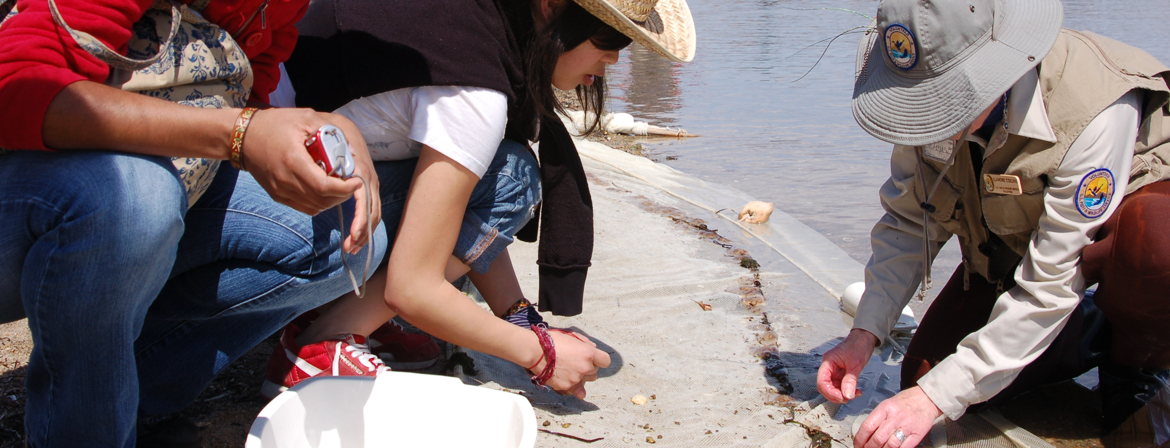The Relative Effectiveness of Models and Prompts on Energy Conservation: A Field Experiment in a Shower Room
Aronson, E. & O'Leary, M. (1982-83). The relative effectiveness of models and prompts on energy conservation: A field experiment in a shower room. Journal of Environmental Systems, 12, 3, 219-224.
Personal and Contextual Influences on Household Energy Adaptations
Black, J. S., Stern, P. C. & Elworth, J. T. (1985). Personal and contextual influences on household energy adaptations. Journal of Applied Psychology, 70, 1, 3-21.
A Focus Theory of Normative Conduct: Recycling the Concept of Norms to Reduce Littering in Public Places
Cialdini, R. B., Reno, R. R., & Kallgren, C. A. (1990). A focus theory of normative conduct: Recycling the concept of norms to reduce littering in public places. Journal of Personality and Social Psychology, 58, 6, 1015-1026.
From Social Psychology to Political Economy: A Model of Energy Use Behavior
Dholakia, R. R., Dholakia, N., & Firat, A. F. (1983). From social psychology to political economy: A model of energy use behavior. Journal of Economic Psychology, 3, 3-4, 231-247.
Changing Behavior and Making it Stick: The Conceptualization and Management of Conservation Behavior
De Young, R. (1993). Changing behavior and making it stick: The conceptualization and management of conservation behavior. Environment and Behavior, 25, 4, 485-505.
Toward More Effective Antecedent Strategies for Environmental Programs
Ester, P. & Winett, R. A. (1982). Toward more effective antecedent strategies for environmental programs. Journal of Environmental Systems, 11, 3, 201-221.
Applied Behavior Analysis and Social Marketing: An Integration for Environmental Preservation
Geller, E. S. (1989). Applied behavior analysis and social marketing: An integration for environmental preservation. Journal of Social Issues, 45, 1, 17-36.
Norm Activation and Environmental Action: A Rejoinder to R.E. Dunlap and K.D. VanLiere
Heberlein, T. A. (1977). Norm activation and environmental action: A rejoinder to R.E. Dunlap and K.D. VanLiere. Journal of Social Issues, 33, 3, 207-211.
Litter Reduction: A Review and Integration of the Literature. Special Issue: Litter Control and Recycling
Huffman, K. T., Grossnickle, W. F., Cope, J. G., & Huffman, K. P. (1995). Litter reduction: A review and integration of the literature. Special Issue: Litter control and recycling. Environment and Behavior, 27, 2, 153-183.
Recycling as Altruistic Behavior: Normative and Behavioral Strategies to Expand Participation in a Community Recycling Program
Hopper, J. R., & Nielsen, J. M. (1991). Recycling as altruistic behavior: Normative and behavioral strategies to expand participation in a community recycling program. Environment and Behavior, 23, 2, 195-220.



